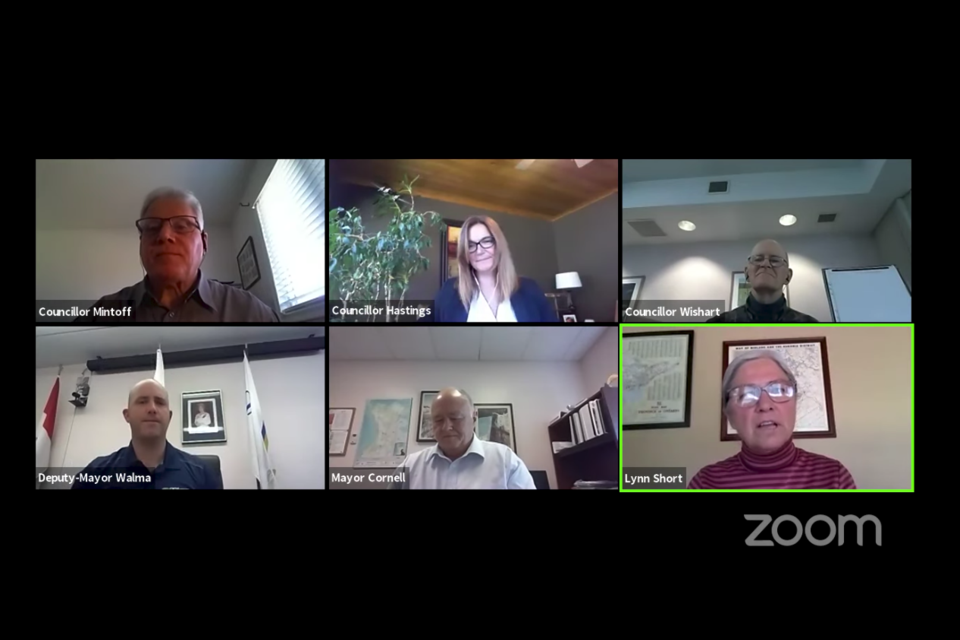To outsmart a plant, one has to think like a plant.
That's the strategy Lynn Short used to research a remedy for invasive phragmites in Tiny Township.
The horticulture professor at the Humber School of Applied Technology studied the spading method in a test area in Wymbolwood Beach for four years.
"The spading technique I had developed worked well along Wymbolwood Beach," said Short, who has a cottage in Tiny. "But just because I said it worked, didn't mean people would believe it. So I decided to back it up with numbers."
She said she compared the effects of the timing of the spading technique in three different test sections, with a control section also set up for comparison.
Plants in the control section remain untouched, Short said, noting that in one section all stalks were cut once at five centimeters below the soil surface using a sharpened spade.
In the second test patch, all stalks were cut five centimeters below the soil surface twice during the growing season with the last test section involved cutting all stalks three times in the growing season.
According to Short, results showed that average density of phragmites stalks per square meter went down to zero for the last measure.
"Once the three times spading technique worked to reduce phragmites, a number of plant species came back in the test sections," she said.
None of them were planted by Short or her team, she added.
Phragmites inhabit mainly wetland areas and Short said they're very tolerant of salt. That means they're pretty well adapted to roadside ditches and can even find their way through asphalt.
"It makes very dense stands," she said. "It's pretty monoculture in that it doesn't allow for other species of plants to grow within the dense stand, inhibiting the growth of other plant species.
"There's research saying that's because in some ways it out-competes other species. Other research says, it's because it gives off chemicals into the soil that prohibit the growth of other plants."
There are lots of reasons to control this plant, Short said.
"One of the main reasons is that it's a threat to ecosystem," she said. "Because it's non-native and it will take over wetlands, which are very important for a lot of animals and plants to survive within. It replaces the native plant species and in doing that it makes it totally inappropriate for animals that depend on wetlands."
Tim Leitch, Tiny's director of public works, said the municipality has money in the budget to work with the Severn Sound Environmental Association on phragmite controls and will keep Short involved in that process.
She requested council share the results from her research on the township website so those interested in the issue can read it.
Council members expressed support for her ask and thanked her for her work.
